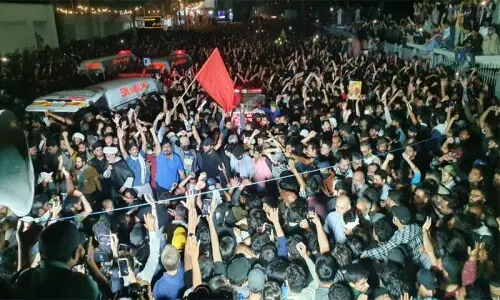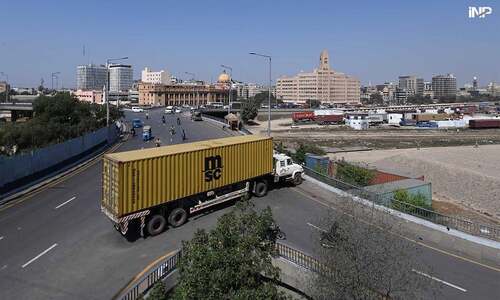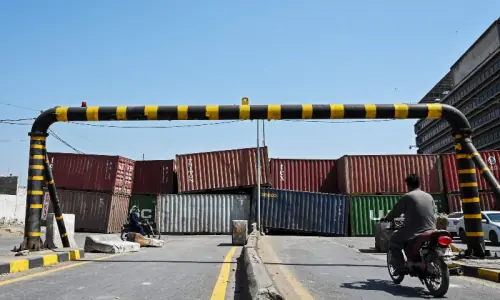KARACHI: Like many other important laws, the Sindh Aids Control and Protection Bill remains a dormant document though it was passed by the provincial assembly almost 10 months ago amid ambitious claims that it would pave the way for an Aids commission in Sindh, which would serve as a panacea for all ills engendered by the disease, it emerged on Tuesday.
Sources in the provincial health department said so far few positive steps had been taken to notify an Aids commission in Sindh.
Previously, it was understood that the commission was to be established by the provincial government within 15 days of the passage of the bill. The bill was passed in September and those many months are understood to be considerably more time than it was earlier given as a deadline.
The commission was to be run by an 11-member working committee, including three members from the affected committee with a mandatory female member. The programme manager of the provincial Aids control programme was also among the members of the commission.
It was to be run by a governing body with five members nominated by the government. Chairperson and secretary of the commission were to be elected by the governing body.
The first function of the commission was to form a fund with funding from the provincial and the federal governments, income from investments, endowments and from other sources.
It had to formulate an HIV policy, institute HIV awareness programmes across the province and take care of all the victims with particular emphasis on children and women.
Among all other things, including planning for the well-being of the victims and coordinating with the government, the commission will have the powers of a civil court by which it could summon and enforce the attendance of a witness and examining one on oath, discover any document, receive evidence, requisitioning any public record and issuing commissions for the examination of witnesses or documents.
The bill pronounces unlawful any discrimination against any individual on the basis of one’s HIV status. It declares also unlawful to require or to coerce a person to be HIV screened for employment, promotion, membership in any organisation, admission to any educational institution or to any public or private place of accommodation, marriage and immigration to or from or citizenship of Pakistan.
The bill also set penalties for violation of the law. It will also conduct integrated behaviour and biological surveillance every two years to ascertain the trend of disease, behavioural change for necessary amendment in implementation strategies and for the purpose of development of relevant policies.
Besides, according to law, the government will issue directives to the law enforcement agencies to conduct mandatory HIV screenings for the accused and the victims subject to informed consent of the victims in all sexual assault cases.
However, due to stigmatisation attached to HIV/Aids all information in relation to the status of an individual that was to be released to any court in the province should not form part of the public record.
Sources, however, said because of continued change of command in the department and political tussle within the ruling party in commanding the department this law, with several others, could not be taken in letter and spirit — completely in contrast with the zeal the government had manifested while getting this bill passed unanimously in the assembly in September.
Otherwise, officials said, with the passage of this law Sindh had become the ‘first territory’ in South Asia, which had got a law to control and treat the HIV/Aids.
Officials had boasted that Sindh was the first in South Asia, even the countries like India and Sri Lanka were still mulling over to enact such a law.
They had said they could draft and implement such a landmark law because of the devolution process through the 18th Constitutional Amendment four years back.
Pakistan is facing a concentrated epidemic of HIV/Aids and the government, since 1987 when the first HIV case was reported in the country, had been trying to respond to the situation, through national and provincial Aids control programmes.
Published in Dawn, July 16th, 2014































